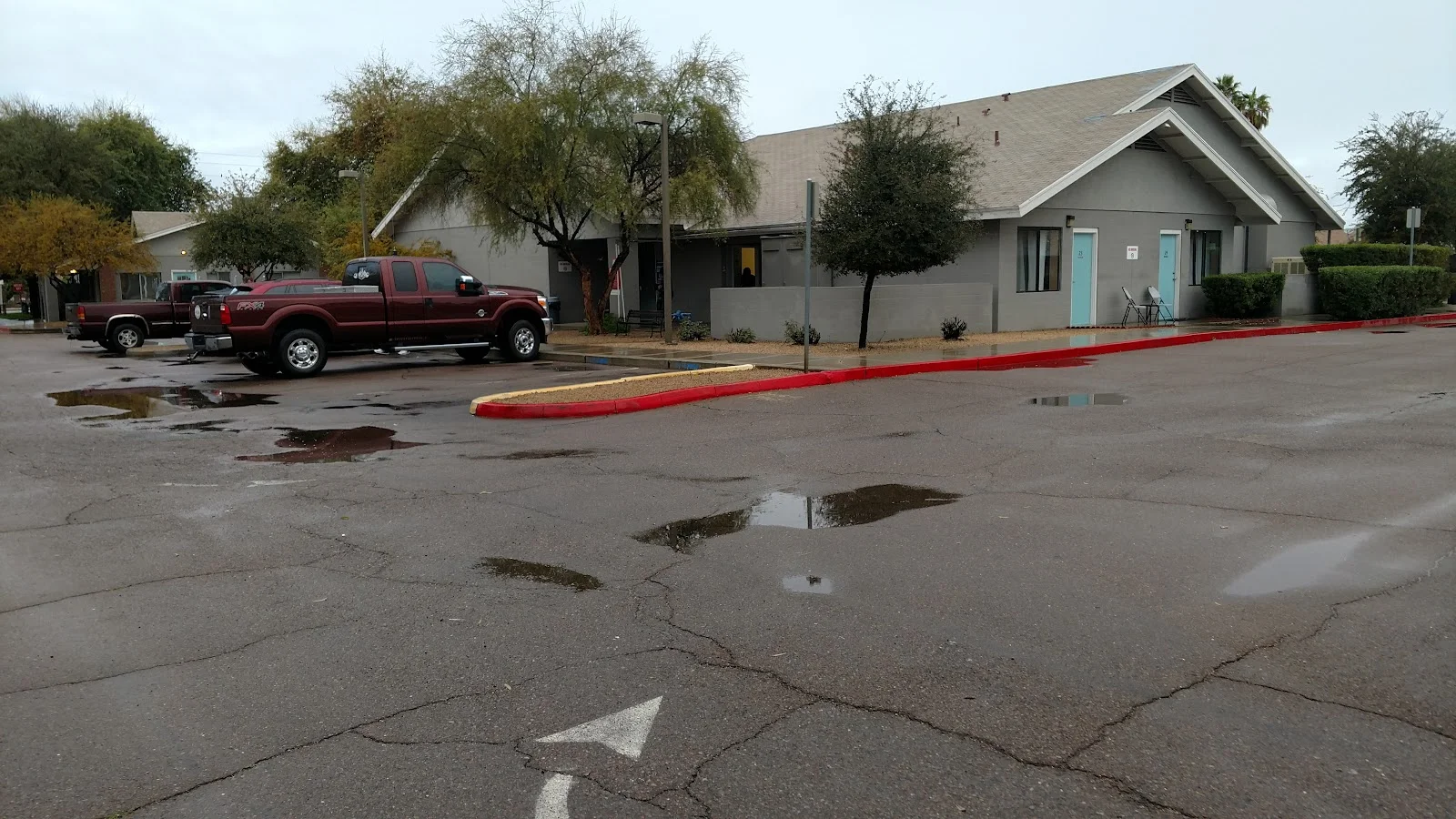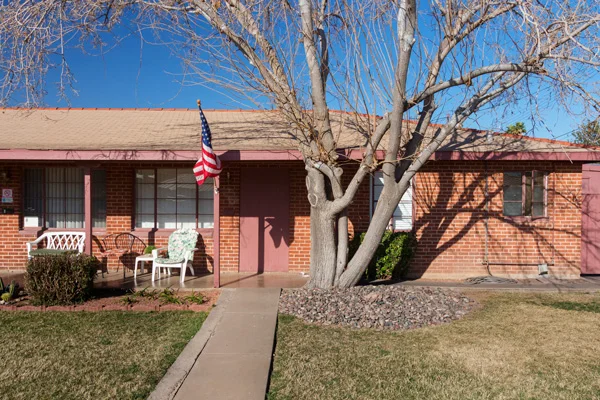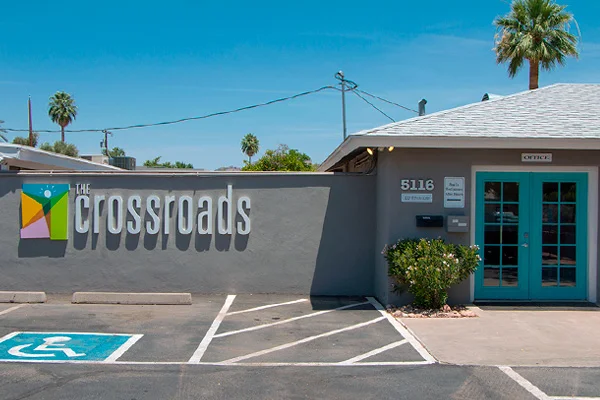Crossroads - Pure Heart Outpatient Program Information
Treatment
Who We Treat
- Male and Female
Treatment Focus
- Intensive Outpatient Program
- Trauma
Approaches
- 12-Step-Based
- Evidence-Based
- Wellness
- Twelve Step
- Group Therapy
- Holistic
- Nutrition Counseling
- Life Skills Training
- Relapse Prevention Counseling
Conditions We Treat
- Depression
- Anxiety
- Trauma
- Co-Occurring Disorders
Substances We Treat
- Alcohol
- Heroin
- Opioids
- Cocaine
- Methamphetamine
Languages
- English
Aftercare
- Intensive Outpatient Program
- Aftercare App
Level of Care
- Intensive Outpatient Program (IOP)
- Co-Occurring Mental Health
Experience
On-Site Amenities
- Fitness Center
On-Site Activities
- AA/NA Meetings
- Physical Fitness
Smoking and Vaping Policy
- Smoking Not Allowed
- Vaping Not Allowed
Accreditations
-
State department of health
Government agencies issue State Licenses, which grant rehabilitation organizations permission to conduct their operations lawfully within specific geographic regions. Licenses needed to operate are typically determined by the type of rehabilitation program offered by the facility and its physical location.

Additional Locations
Find the best treatment options. Call our free and confidential helpline today!

























